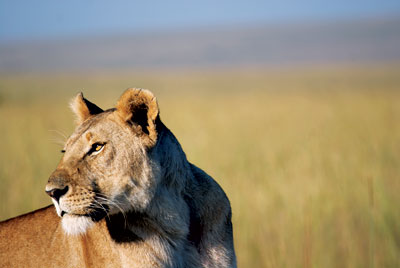All Nonfiction
- Bullying
- Books
- Academic
- Author Interviews
- Celebrity interviews
- College Articles
- College Essays
- Educator of the Year
- Heroes
- Interviews
- Memoir
- Personal Experience
- Sports
- Travel & Culture
All Opinions
- Bullying
- Current Events / Politics
- Discrimination
- Drugs / Alcohol / Smoking
- Entertainment / Celebrities
- Environment
- Love / Relationships
- Movies / Music / TV
- Pop Culture / Trends
- School / College
- Social Issues / Civics
- Spirituality / Religion
- Sports / Hobbies
All Hot Topics
- Bullying
- Community Service
- Environment
- Health
- Letters to the Editor
- Pride & Prejudice
- What Matters
- Back
Summer Guide
- Program Links
- Program Reviews
- Back
College Guide
- College Links
- College Reviews
- College Essays
- College Articles
- Back
Re-Wired
Zoo-keepers have a powerful sense of irony, a wide sardonic streak that I believe has its roots in the fundamental paradox of zoo-keeping itself: that these lovers of the wild and the untamable can only ever know the artificial wildernesses that they are forced to impose on uneasy captives. Yes, they are the animals’ protectors, playmates, healers, mothers. But are they not also their jailers? When they see the matriarch elephant swing her trunk against the chain-link so hard that it leaves diamonds on her skin, I imagine they feel some sort of internal uppercut. Violent as this feeling is, time and repetition soften it into a blunt shove, then a pinch, and then merely a slow trickle of cynicism that collects into a pool off of which all their subsequent experiences must reflect. Unbroken, the animals must pace between the walls of their enclosures and convince themselves at every turn that this is territory untraveled, just as their unscarred paws must wear a path in their captors as surely as it does in the earth on which they tread. The alternative, however, can be even worse somehow—imagine for a moment that you have always fiercely admired the aloof steeliness of the bald eagle or the hermitic sublimity of the snow leopard. Something must twist inside when the newly arrived leopard kitten begins to follow you around like a Golden Retriever puppy, when the imprinted eaglet falls asleep in your coat pocket. Re-wired. Questioning keepers wonder whether they have destroyed what they loved most about these animals simply by loving them. Perhaps they were too selfish, reached too far; they loved the things that were untouchable, but they touched them. Open up any zoo-keeper, then, and you will find the same thing: the simmering pool of knowledge that men should never have—that human love is a toxic thing. Never can this pool be drained or evaporated, never can this knowledge be unlearnt, and never can we love any differently. Men’s love must fester when rejected, must re-shape when requited. Lion cubs lick human fingers while their grandfathers lick human bones; timber wolves add a human woman to their redundant pack. Kenneled foxes wag russet tails and wait for a tummy-rub. Just one touch, if timed correctly, can teach an animal that in this strange, forged life affection can be a treasured gift when food is so cheap. I have seen a cheetah being jogged around the zoo’s empty walkways on a cheetah-print leash, and I have seen the walker’s face flicker between wonder and sorrow. He was thinking, I have no doubt, that the cat beside him, all muscle and aerodynamics, would never again run faster than this leisurely human pace. Gluttons when it comes to love, our species cannot help but wring it from every fiber of our surroundings. Feeblest embers of emotion are forced into flame. Even other species’ babies are forced to be our surrogate children. Debating the merits of this system is impossible; we endanger, we save, we preserve, we interfere. Crocodiles cannot thank us for rescuing them from poachers and using their fetuses to bring their species back from the brink of extinction, but they can hate us for replacing swamp by glass. Baby orangutans can love us for raising them like spoiled toddlers but they cannot reproach us for reshaping their instincts and warping their life-styles. And so we can only bathe in the twisted irony of human love.

Similar Articles
JOIN THE DISCUSSION
This article has 0 comments.
